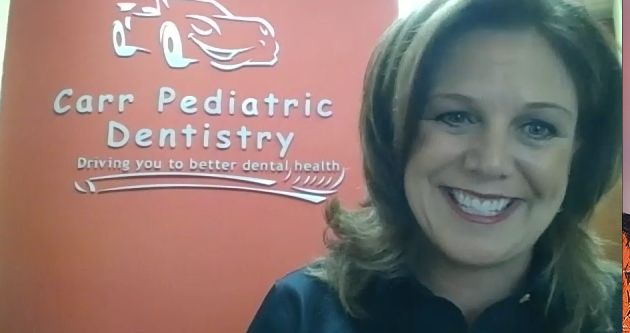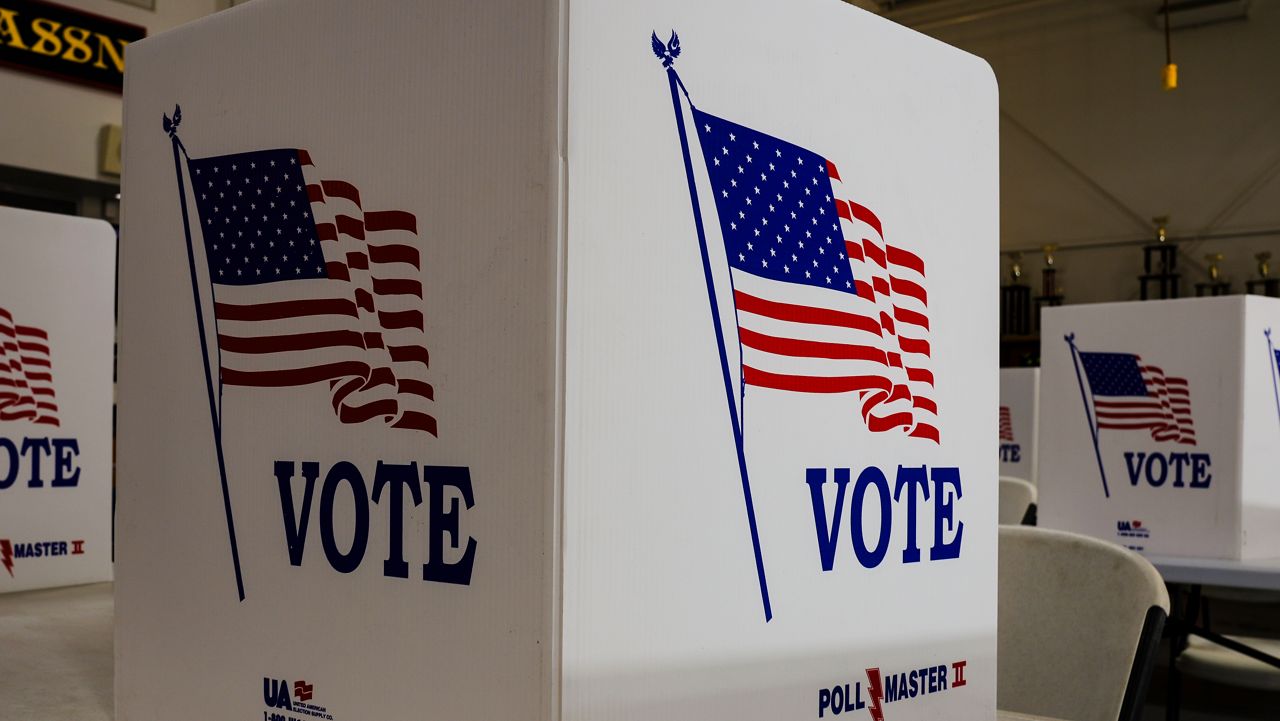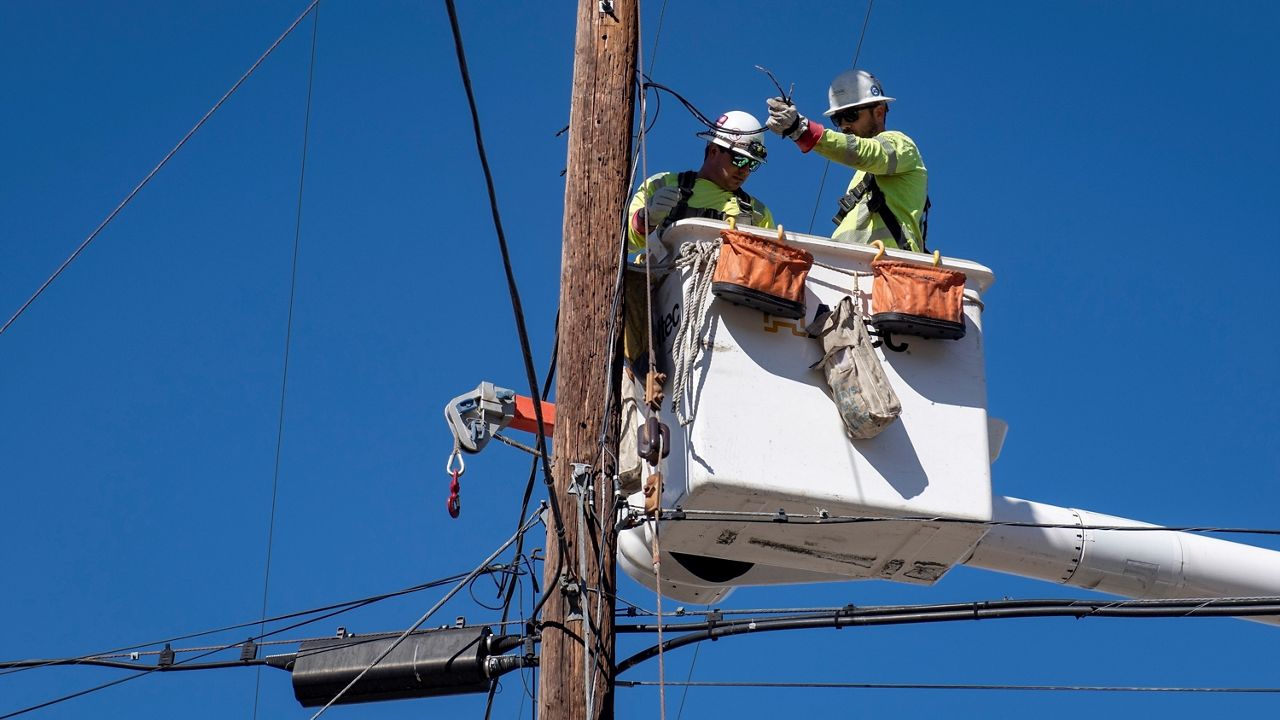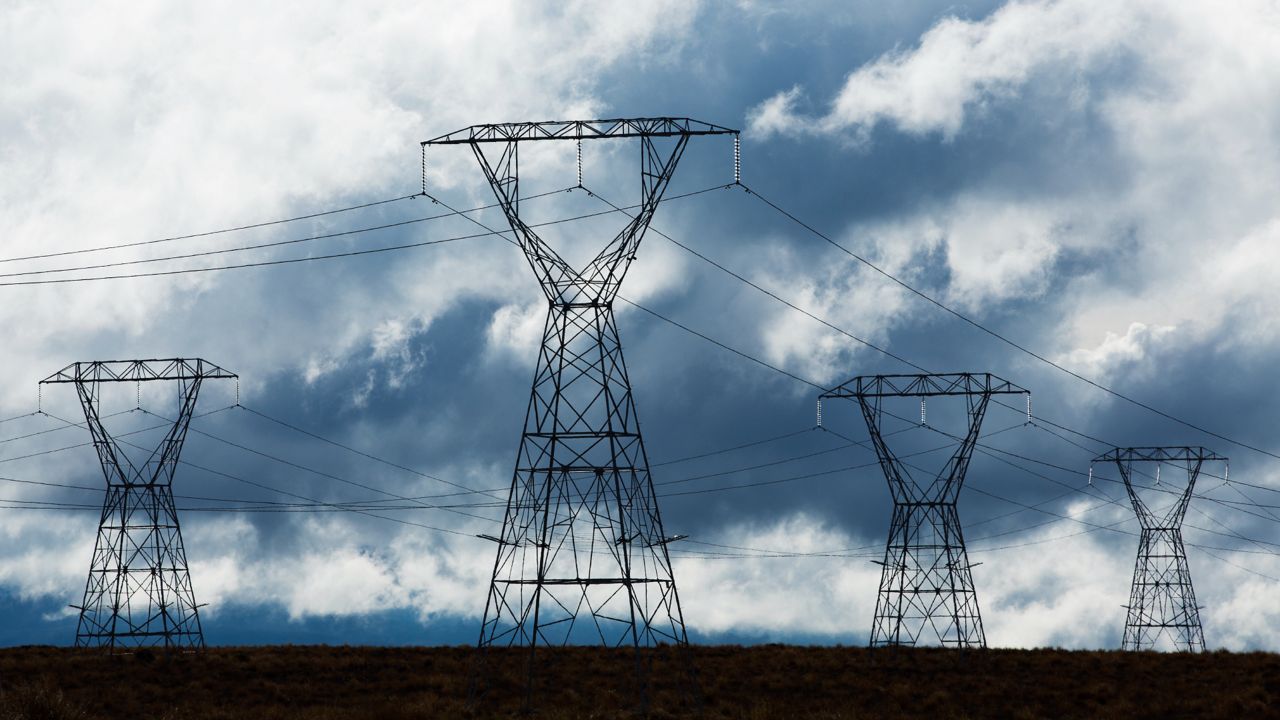Governor Ron DeSantis’ ban on elective, non-urgent medical procedures is set to expire on May 8, and he’s indicated that he is likely to allow such operations to resume at Florida hospitals.
- CORONAVIRUS LIVE UPDATES: In the Central Florida area | In the Tampa Bay area
- COVID-19 IMPACTS ON: Airports, Transportation Systems | Sports Events and Teams | Attractions | School Districts and Universities | Retailers, Restaurants Adjust Hours
- FREE CHARTER WIFI: Charter Communications to Offer Free Broadband, WiFi Access to Families with Elementary, College Students
- COMPLETE COVERAGE: Spectrum News | CDC | Florida Department of Health
Representatives from the dental industry are also hoping that they’ll get the go ahead to resume regular procedures at that time. They’ve only been allowed to conduct emergency operations, such as tooth fractures, uncontrolled bleeding or pain and swelling that could be caused by or may lead to infection over the past month.
“The word I get from my colleagues around the state is that they’re itching to get back to work - so as soon as they can do safely- they would like to have that order lifted,” says Dr. Rudy Liddell, the head of the Florida Dental Association who served on one segment of the task force assembled by DeSantis to examine how to safely reopen Florida. “We certainly would like to get it lifted sooner than later, but we certainly wouldn’t support going beyond the May 8 date.”
Like many other sensitive businesses in the age of the coronavirus, just because they may open up doesn’t mean that people are going to flock back to their dentist.
Over 70 percent of those who participated in a survey commissioned by the North American Dental Group said earlier this month that they would be uncomfortable visiting their dentists during the pandemic for a non-emergency procedure.
But Riverview pediatric dentist Natalie Carr-Bustillo says that the dentistry profession has been working on infection control well before COVID-19 emerged. She goes as far to say that he believes dental offices are among the safest places to visit outside of one’s home.
“For over 20 years, I’ve been wearing a mask and a face shield in my office,” she says. “Infection control is in our wheelhouse and it’s what we’ve been concerned about for many years, not just now with this one particular virus.”
Liddell served on one of the task forces assigned by DeSantis to present a plan to him on how to safely and successfully reopen the state. One of his asks of the governor is get dentists and dental assistants to be classified as essential employees in Florida, because right now FEMA is distributing personal protection equipment only to those labeled as essential responders.
As a way to maintain social distancing, dentists may likely keep patients waiting out in the parking lot and contact them via text or phone call before allowing them into their office.
At Carr-Bustillo’s pediatric office in Riverview, such “curbside service” means that dentists get the child who they are treating or seeking an examination while the parents or grandparents remain parked outside. She’s also prepared a questionnaire for parents asking if anyone in their family has been sick or traveled outside of the Tampa Bay area.
For his part, Dr. Liddell says he’s removing magazines, a coffee station and toys for kids in his waiting room. “Anything that is a high common touch item has been removed,” he says.
Many people who have had regularly scheduled visits set up prior to the shutdown will undoubtedly create a backlog in dentist offices. But Dr. Carr-Bustillo says patients need to take care of their teeth.
“I think that the issue is cavities progress, whether we’re working or not,” she says. “And now that we’re sitting at home we tend to do more frequent snacking which does not help for the progression of cavities.”








